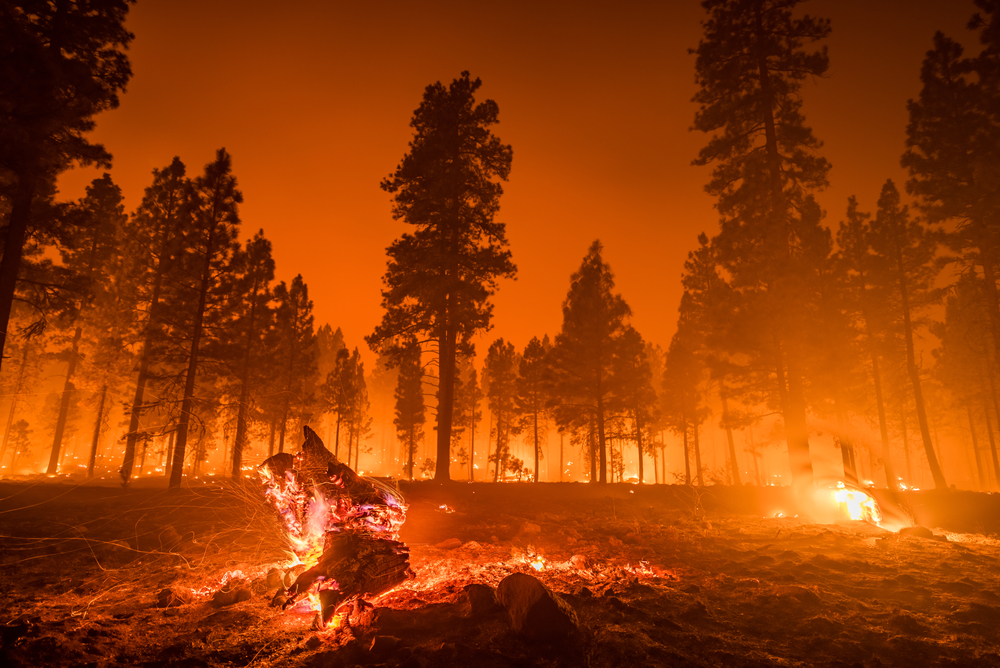The California Division of Occupational Safety and Health (Cal/OSHA) on July 13 reminded employers of their obligation to comply with the state’s protection from wildfire smoke standard, which requires employers to take steps such as moving work operations, modifying work schedules, or providing proper respiratory protection such as N95 respirators in the event of wildfires. There have been over 4,000 wildfire incidents in the state so far this year, according to the California Department of Forestry and Fire Protection (CalFire).
While California has its own wildfire smoke standard, there is no corresponding federal standard. More than 90% of the West is now in drought, according to the National Interagency Fire Center’s Predictive Services, and there was significant fire activity in Colorado, Montana, the Southwest, and Utah through mid-June with increasing fire activity across portions of California in mid to late June.
Wildfire smoke contains chemicals, gases, and fine particles that can harm health, according to Cal/OSHA, and breathing fine particles in the air (called PM2.5) can cause coughing, wheezing, and difficulty breathing; reduce lung function; and worsen asthma or other existing heart and lung conditions.
California employers must check the air quality index (AQI) for PM2.5 when wildfire smoke affects a worksite and throughout the work shift as needed to protect employees.
Employers can monitor the AQI using their own devices or websites like the U.S. Environmental Protection Agency’s (EPA) AirNow website or a website from one of California’s local air quality management districts.
Under California’s protection from wildfire smoke standard, employers must take the following steps to protect employees when the AQI for PM2.5 is 151 or greater:
- Inform employees of the AQI for PM2.5 and the protective measures available to them;
- Provide effective training and instruction to all employees on the information contained in the standard’s Appendix B, including the health effects of wildfire smoke, the right to obtain medical treatment without reprisal, how to obtain the current AQI for PM2.5, requirements of the standard, and how to protect themselves from the effects of wildfire smoke;
- Implement modifications to the workplace, if feasible, to reduce exposure, such as providing enclosed structures or vehicles for employees to work in, where the air is filtered;
- Implement practical changes to work procedures or schedules to reduce wildfire smoke exposure, such as relocating a worksite or reducing the amount of time employees work outdoors or are exposed to unfiltered outdoor air; and
- Provide proper respiratory protection equipment, such as disposable respirators, for voluntary use.
Respirators labeled N95, N99, N100, R95, P95, P99, or P100 can filter out fine particles, but must be labeled as approved by the U.S. National Institute for Occupational Safety and Health (NIOSH). Cal/OSHA maintains a list of vendors who have confirmed they have at least 100,000 NIOSH-certified disposable N95 respirators in stock and available for purchase and delivery. The agency also reminded employers that they must comply with the state’s COVID-19 Prevention Emergency Temporary Standards, which require unvaccinated workers to wear face coverings indoors.
If the AQI for PM2.5 exceeds 500 due to wildfire smoke, respirator use is required. Employers must ensure employees use respirators and comply with the state’s respiratory protection program standard, including requirements for medical evaluation, fit testing, and training.

